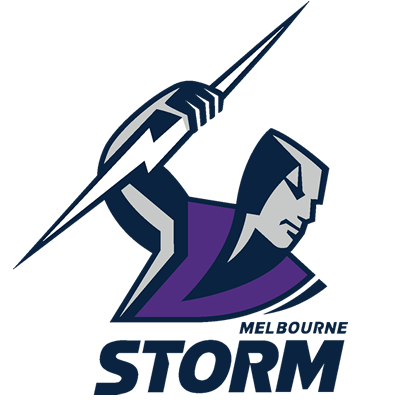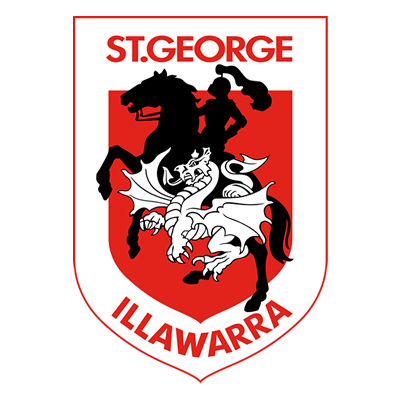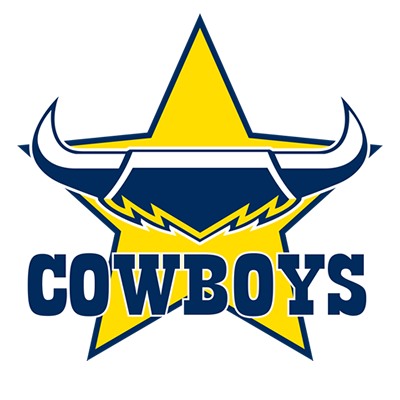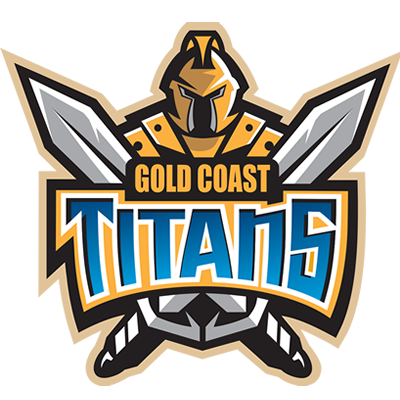I wanted to just look on during this debate coz it can be fraught and I don't want to be seen as trying to "sell" my YES vote to anyone but felt compelled to just comment on the view about colonisation being so long ago. And I'm not having a go at you, it's something I've heard a lot of people say. Usually followed by - it's time they just got over it. Again, I'm not saying you've said this.
Anyway, my view of this "Voice" can be summed up as being one last (in my mind) opportunity to provide indigenous Australians direct input into rectifying past injustices resulting from colonisation. And I'm not one that says all non indigenous people should feel guilty or feel responsible for colonisation.
But to your point - the dispossession of land and subsequent disadvantage, didn't just stop 250 years ago. (sorry, change of tack for a sec) I cringe when I hear some NO supporters (and I'm not talking about you) say that a YES vote will make Australia more racist coz it will be favouring one race over another (and I don't think everyone voting NO is racist). However, the country was founded on racism. The indigenous population weren't considered equals by the Brits, they were considered inferior savages and in need of refining and/or elimination.
And like most, if not all indigenous populations around the planet, the Australian indigenous population would go onto face the same fate. Be it dispossession of their homeland, death through disease like small pox (so many in the Sydney area died in the first year), death from fights with settlers or simply outright murder. The country is covered with sites where massacres took place.
These killings (and fights over land dispossession) were not a long time ago. They were ongoing coz it took some time to settle the whole country.
We have an ongoing history of indigenous discrimination be it the proclamation by Bourke of Australia being Terra Nullius or the White Australia Policy or forced labour with no pay (think Vincent Lingari) or segregation (think reserves and missions indigenous people were forced onto, pubs they weren't allowed to drink in, shops they were discouraged from walking into) or children being removed etc. Even country that was used for nuclear blasting (think Maralinga). Not to mention it was only 1967 that the country got around to even considering them officially part of the population.
So this has been a long and systemic process that has resulted (in my mind) in a different level ?? of disadvantage.
And to your point about Welsh and Scottish ancestry - there's no doubt that those that were brought out as convicts (I guess more Irish and Poms) did it tough (if they survived). But a lot of those convicts were in fact given land once they had served their time. And even if they weren't, they were still considered in a different "class" to the indigenous population. But the difference is just that, they were brought here or came by choice and they were given more opportunities to "make it" coz it was important to the Brits for the colony to survive and thrive. And the subsequent "modern day" migrants were also encouraged out here, given support when they arrived, usually govt housing in an urban area and access to employment.
Indigenous Australians on the other hand, had 65,000 years of their own culture and laws and boundaries taken away and/or actively discouraged. 250 years is a relative drop in the ocean.
The end result of that is the current (and long standing) situation with poor health, education, incarceration levels, suicide and other chronic problems relative to non indigenous Australians. And yes, there has been millions of dollars spent over decades to try and "fix" the problems as well as organisations like ATSIC. And the No campaigners point out that there are many other organisations doing work so why do we need another group under the guise of a "Voice".
Well clearly not much has changed or we wouldn't still be in this situation.
To acknowledge the indigenous population as the first peoples of this country in the Constitution is, for me, a given. To enshrine the Voice in the Constitution is a somewhat bolder step. However, in a conversation with a friend recently, he noted to me that he doesn't trust politicians full stop but in the same breath insisted that indigenous people should just be satisfied with a legislative "Voice" and not something that couldn't be changed. When I pointed out that politicians could just simply vote the legislation out of existence if they were ideologically against it and that he was asking indigenous people to do something he wasn't willing to do (trust politicians) he simply changed the topic.
Finally, I would just ask people voting NO - if No gets up, how will that change your life? And how will that change the situation for indigenous people?
And importantly - if YES was to get up, how would THAT change your life? I'm thinking not very much, if at all. For the first peoples of this country, it could be very life changing indeed.
Do I think the Voice is the solution? I have no idea. But do I think a proposed advisory committee that is formed from grass roots indigenous people with articulate indigenous people that can advocate on their behalf, directly to all sides of politics in the Parliament is worth a shot? YES I do.
Sorry, I did go on a bit but that's probably why I was reluctant to write anything.

















